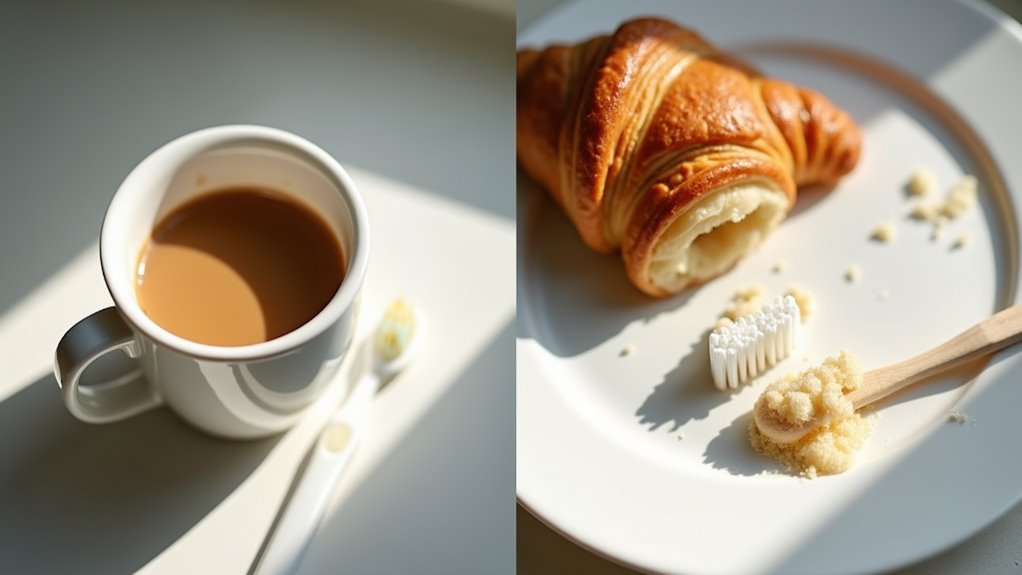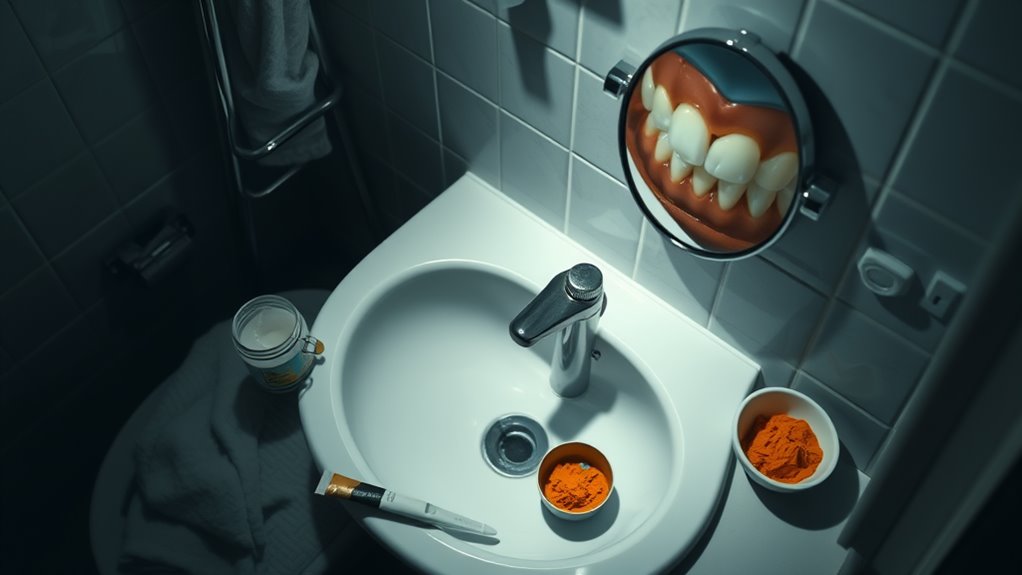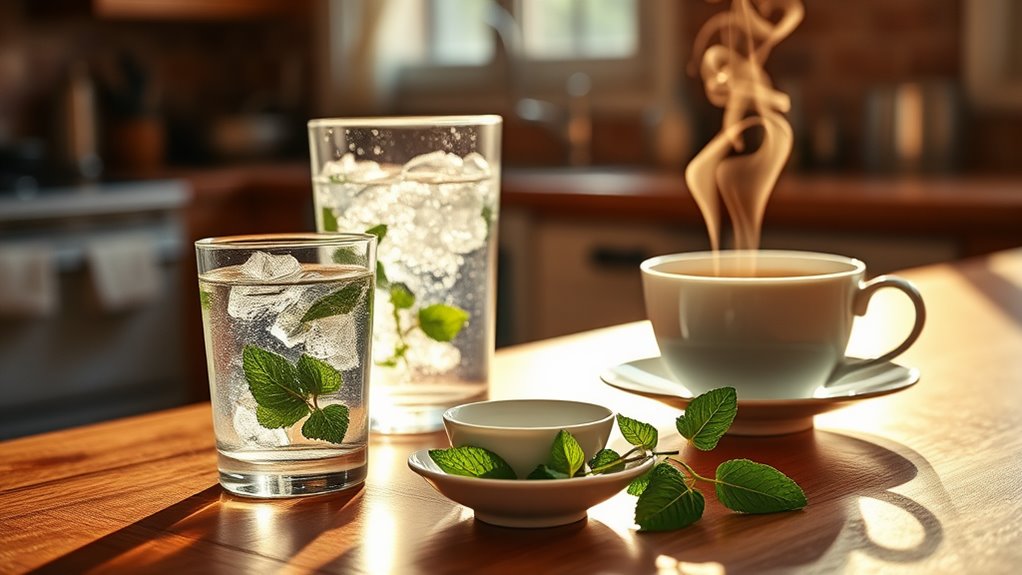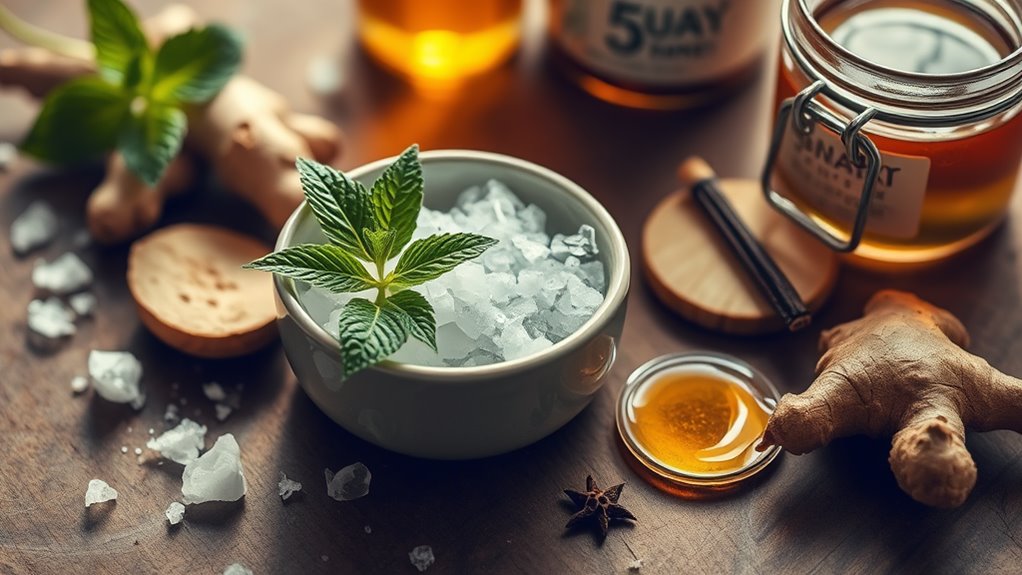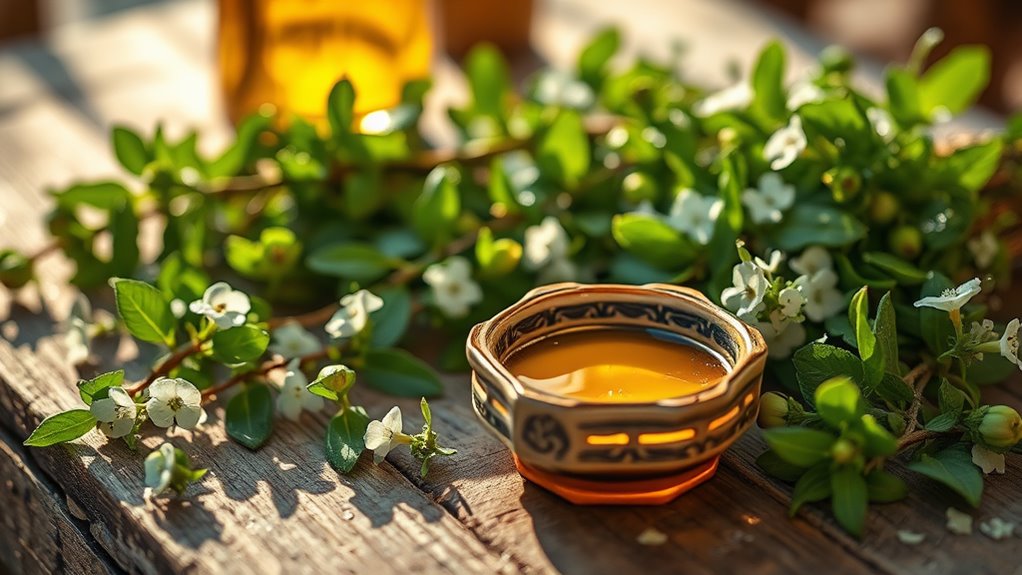Do You Brush Before or After Breakfast. The Right Answer May Shock You!
You’ve probably been brushing your teeth after breakfast your whole life, believing it’s the most logical approach to oral hygiene. After all, why would you clean your teeth only to eat right after? But science suggests you might be damaging your dental health without realizing it. The timing of your morning brush matters more than you think, and the optimal choice isn’t what most people assume.
The Science Behind Morning Tooth Brushing
While you sleep, bacteria in your mouth multiply and produce acids that coat your teeth and gums. These acids weaken your tooth enamel, making your teeth more vulnerable to damage during eating. That’s why the timing of your morning brushing routine matters significantly.
When you’re deciding between brushing before or after breakfast, consider the science of saliva production. During sleep, your saliva production decreases, leaving your mouth with less natural protection.
Brushing immediately upon waking removes the accumulated bacteria and stimulates saliva production, creating a protective barrier for your teeth. Additionally, fluoride from your toothpaste works more effectively on clean teeth rather than those covered in food particles. Furthermore, waiting to brush allows saliva to neutralize acids, which is essential for protecting your enamel after eating.
If you prefer brushing after breakfast, wait at least 30 minutes after eating. This delay allows your saliva to neutralize acids from food and prevents you from potentially damaging your enamel by brushing while it’s in a weakened state.
Why Brushing After Breakfast Could Damage Your Teeth
Although many people brush their teeth after breakfast to remove food debris, this practice can actually harm your tooth enamel. When you consume acidic foods and beverages like orange juice, coffee, or pastries, your enamel temporarily softens. Brushing during this vulnerable state can wear away the weakened enamel, leading to sensitivity and decay. Additionally, waiting to brush allows saliva to neutralize acids, which helps protect your enamel from damage.
| Food/Drink | pH Level | Wait Time Before Brushing |
|---|---|---|
| Orange Juice | 3.3 | 30 minutes |
| Coffee | 5.0 | 30 minutes |
| Yogurt | 4.5 | 30 minutes |
| Toast | 5.5 | 15 minutes |
| Cereal | 6.8 | 15 minutes |
Instead of brushing immediately after breakfast, you’ll protect your teeth better by brushing before eating or waiting at least 30 minutes after your meal. During this time, your saliva naturally neutralizes acids and re-hardens your enamel. If you’re concerned about food particles, rinse with water after eating to maintain fresh breath until your next brushing session.
Benefits of Pre-Breakfast Brushing for Dental Health
Brushing your teeth before breakfast offers several key advantages for your dental health. When you wake up, your mouth contains accumulated bacteria from overnight, which forms a sticky biofilm on your teeth. By removing this bacterial coating before eating, you’ll prevent acids from your breakfast foods from penetrating deeply into your enamel.
Pre-breakfast brushing also optimizes your natural defense system. Your morning brush stimulates saliva production, which contains protective enzymes that help neutralize acids and shield your teeth throughout your meal. Additionally, maintaining good oral hygiene can reduce the risk of respiratory infections, ensuring that your overall health benefits from your dental care routine.
Plus, the fluoride from your toothpaste creates a defensive barrier that’s most effective when applied before food exposure.
You’ll also experience better-tasting food when you brush first. Morning breath bacteria can interfere with your taste buds, but a clean mouth allows you to fully enjoy your breakfast flavors while maintaining optimal oral protection.
This innovative approach to morning dental care maximizes both protection and pleasure.
